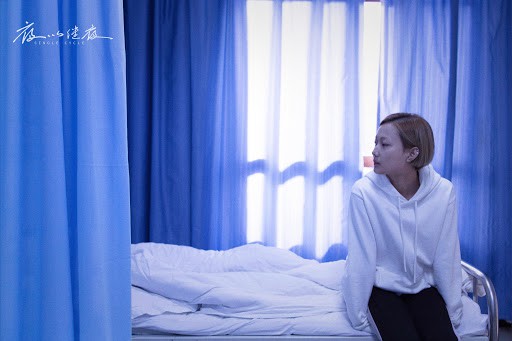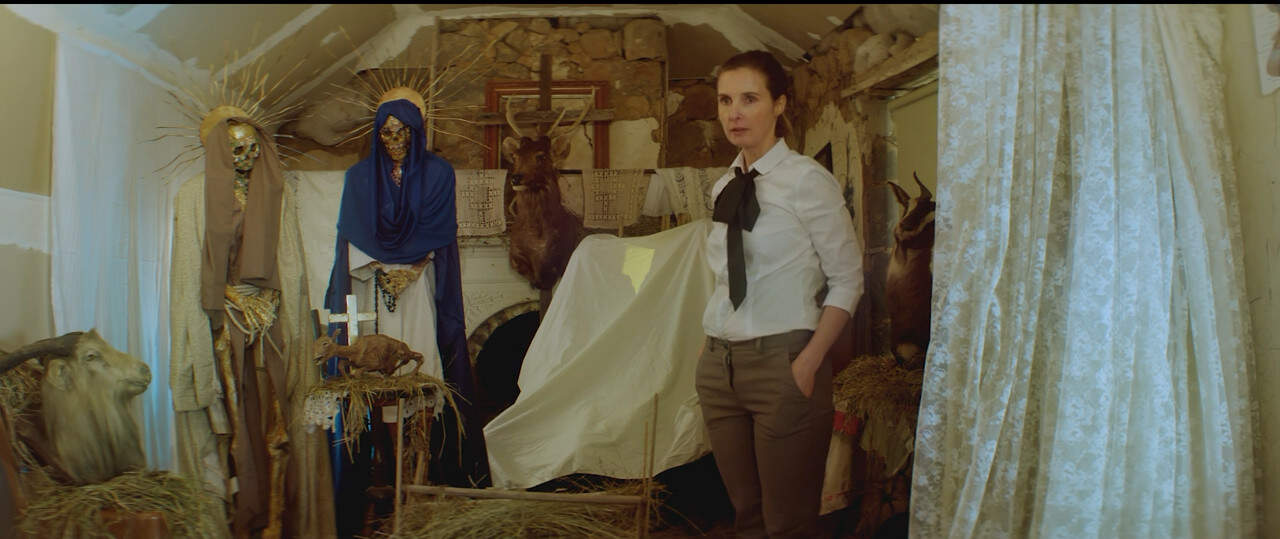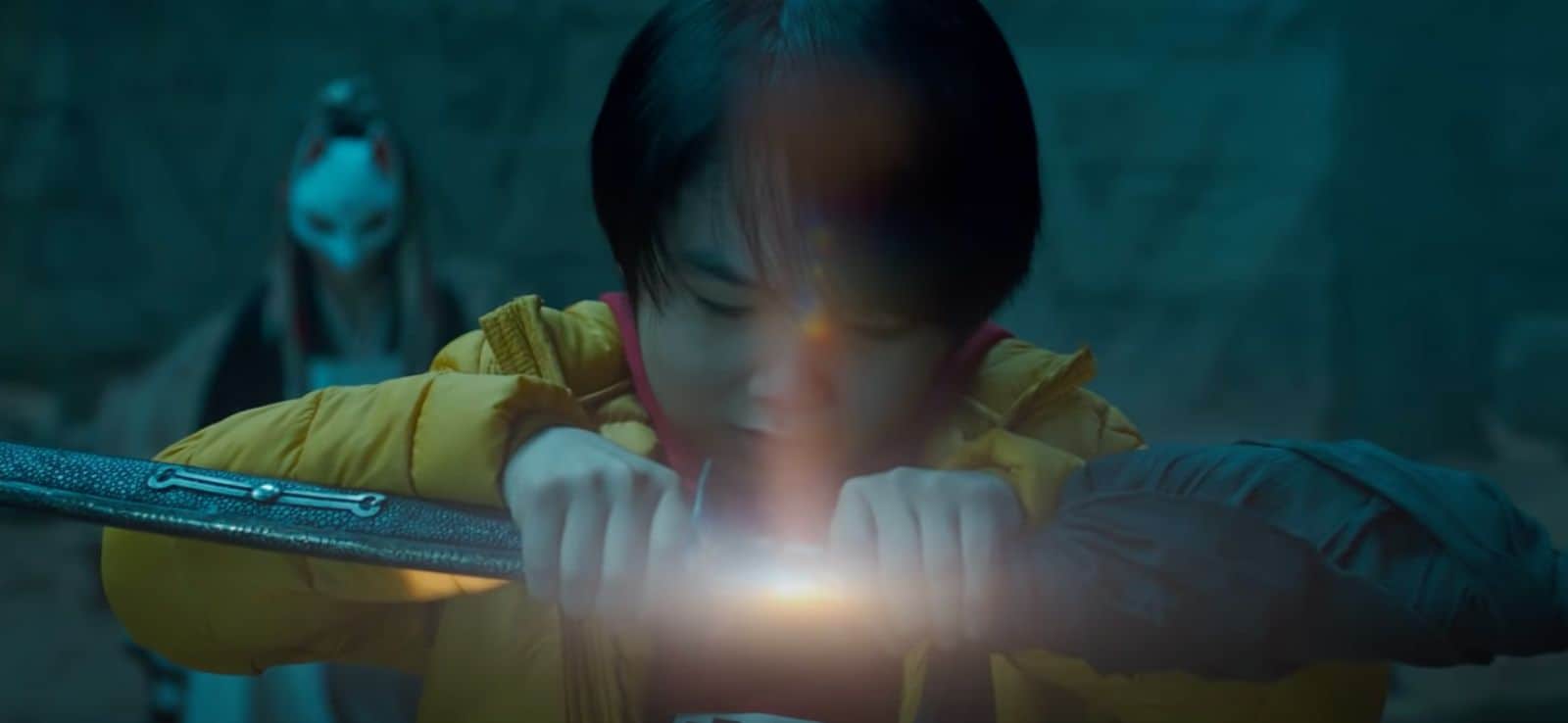Society as a construct manifests itself, among other things, through a set of rules and boundaries, which, if we overstep them, may result in certain punishments. Even though we know these rules, those defined by an outside authority and those we make ourselves, there is a certain urge of breaking them. What sounds like an extract from a work about psychoanalysis is at the foundation of Zhang Qi's feature debut “Singe Cycle”. What may seem outlandish or strange at first, he explains, is something we know from experience, the urge to look down the abyss and be fascinated about what may be at the ground. While there is something cryptic about his statement, there is no denying this fascination with “the abyss” is one of the themes of “Single Cycle”, an unusual family drama about loneliness, isolation and the desire to break out.
“Single Cycle” is screening at International Filmfestival Mannheim-Heidelberg

Many years ago, after her divorce, Hong (Lu Liu) and her daughter Ye (Qianwen Wang) moved to the city of Changqing to start a new life. While her mother has managed, over time, to start a business running a mahjong-parlor and even a new relationship with a man named Liu (Ning Feng Song), Ye has been struggling with her life in this new environment. Now, as a teenager, she feels more connected to her life back in Yinchuan and her father, and dreams of breaking out, with support of her best friend, who is teaching her to ride a motorcycle and is in love with her.
Matters become worse for Ye when Liu eventually moves in with her mother. Since he is unemployed, he spends most of his time in the small apartment, while Ye tries her best to get out of his way or stays in her room altogether. Meanwhile, tensions rise between her mother and Liu, whom she accuses of failure to commit considering he spends so much time away from her and does not seem to have any drive in getting to know her daughter. Finally, Ye decides to take matters into her own hands and get away from a life which has become increasingly strange and unbearable.
Although his statement highlights the psychological undertones of his feature, Zhang Qi has managed to tell a quite intriguing story about social fragmentation and disintegration, focusing on his three main characters. Similar to some of the features of auteur Wong Kar Wai, the metaphor of the apartment building stresses both the community of people, but also their loneliness and disassociation with other people. There is rarely a shot showing the characters together, and if they are, an argument starts, or they sit in silence, further emphasizing their growing emotional distance.
Each character has found his or her own way of dealing with this increasingly frustrating situation. In order to escape facing the complexities in their relationship, the adults hide in the apartment, engage in gambling or, in Hong's case, her business, whereas Ye searches for a more permanent solution, making her desire to re-visit the place where she originally lived, stronger with each passing day. In the end, it is especially the character of Ye, highlighted through the sensitive performance by actress Qianwen Wang, who embodies the theme of the abyss, since there is always the notion the home of her dreams is not there anymore.
Aside from the performances, another equally important asset of “Single Cycle” has to be Lee Ping Bin's cinematography, in combination with Peyman Yazdanian's organ-heavy score. The precise images, stressing the themes of isolation and loneliness, while also showing the urban environment as somewhat otherworldly, sometimes bordering on the dream or surrealism even. Given the concept of ghosts and ghost towns, introduced at the beginning of the story, there is always the feeling of the characters being ghosts, wandering through the city without direction, or rather looking for one.
“Single Cycle” is a mysterious, visually quite elegant drama from director Zhang Qi. Ambivalent, stylized imagery, combined with its fantastic score and solid performances, this is a movie which does not present solutions, but rather takes its story and the characters seriously in their search for answers and the impossibility of finding them.














